Online climate summit in the Netherlands: biggest problem remains unsolved
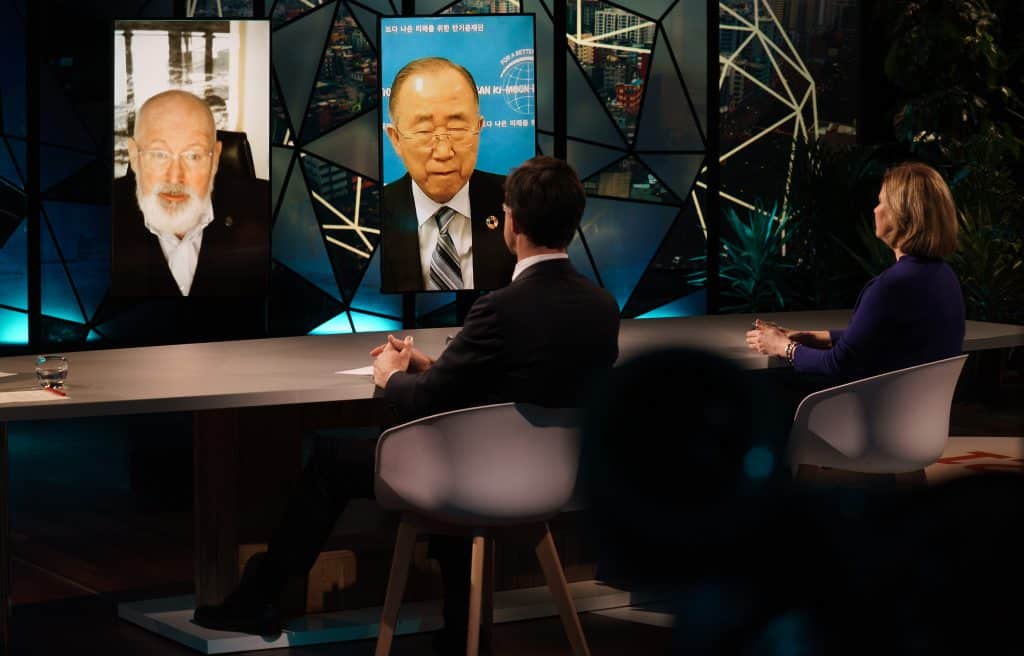
Last week, the Netherlands hosted the first ever Climate Adaptation Summit: a meeting with world leaders, companies and organisations on climate adaptation. Good steps were taken, but a critical look at results of the summit reveals that the biggest problem - climate finance - remains unsolved.
Climate justice: flooding in Beira, Mozambique
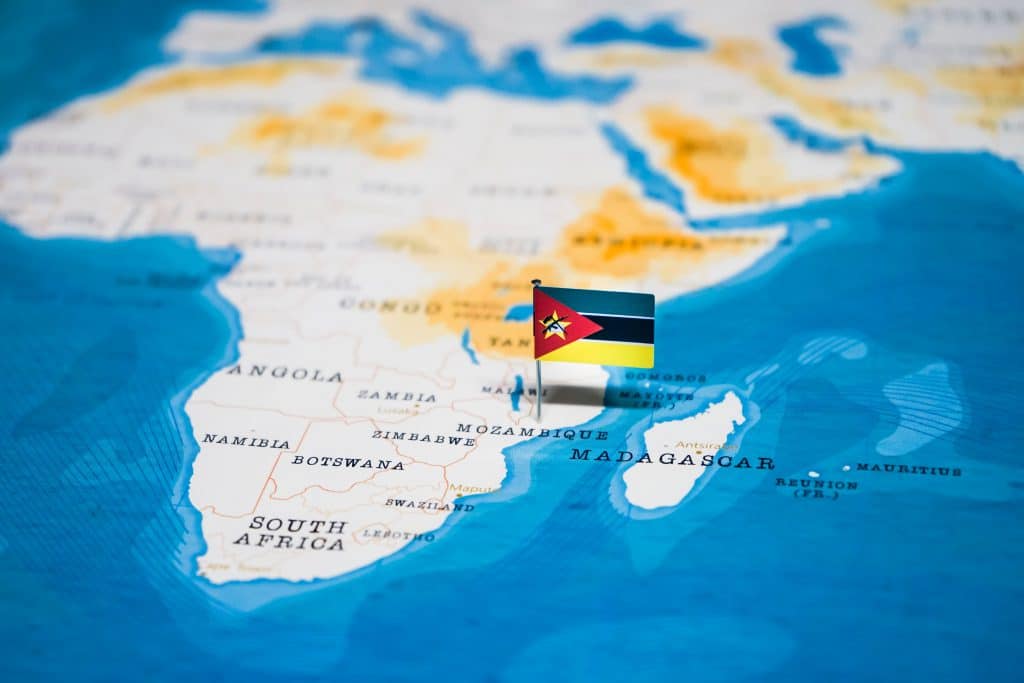
Beira, Mozambique's second-largest city, is only a few metres above sea level. Climate change and rising sea levels have made the city vulnerable to flooding and extreme weather. Consequently, in 2019, Beira was hit hard by Cyclone Idai. The cyclone destroyed and flooded large parts of the city.
The impacts of climate change in Africa
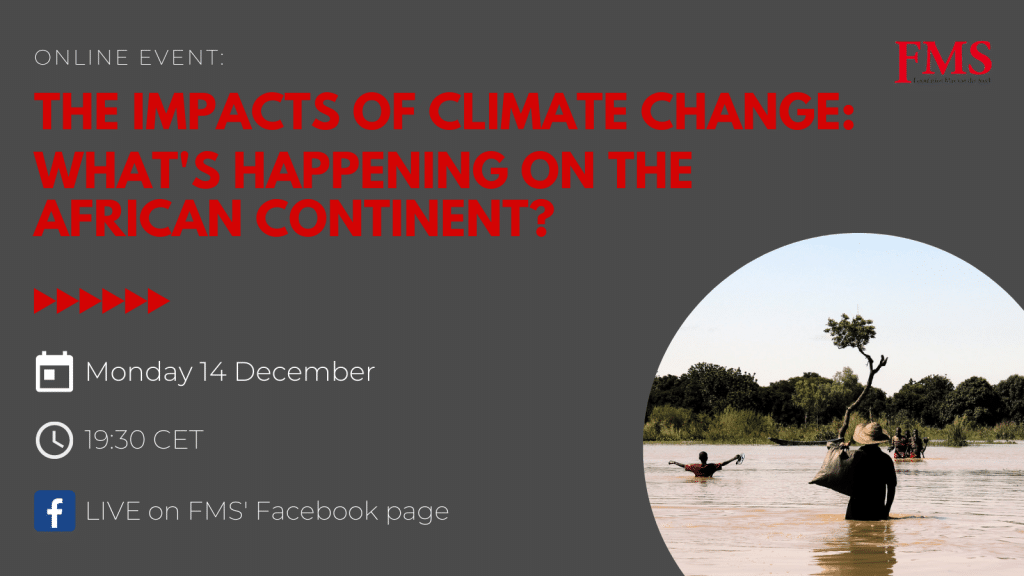
Last Monday, we were live on Facebook with Andrew Mambondiyani, Hala Burma, Irene Dankelman, Laurie van der Burg and Kirsten Meijer to discuss the impacts of climate change on the African continent. Why is that African people are hit so hard by climate change? What is the impact they see and feel? What can we do in the Netherlands to support these people? And why is it so important to also look at gender in this regard?
The impacts of climate change: what's happening on the African continent?

The climate is changing: it's getting hotter, we experience periods of droughts alternated with heavy rainfall and extreme weather. In the Netherlands, this means that we can enjoy our beaches more during the summer, that we have less snow and more rain in the winter, and will there ever be another Elfstedentocht for iceskating? We adapt to these circumstances, buying air conditioners for in the summer and preparing our rivers to take up more water. The impacts of climate change are not really hindering our lives... yet.
Climate justice: Hydropower and energy in Zimbabwe
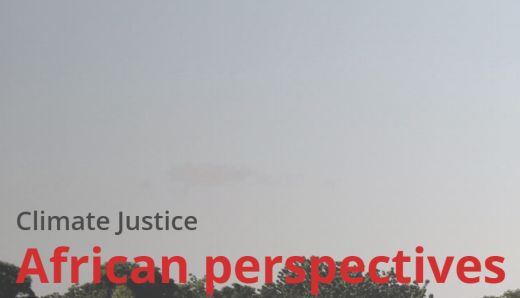
Hydropower is Zimbabwe's main source of energy. In a country where only 40-45% of the population has access to energy, this source is now also threatened by climate change. Thus, power cuts are becoming more frequent. This has major implications for the people of Zimbabwe and the country's economy.
Netherlands supports fossil exports with destructive consequences
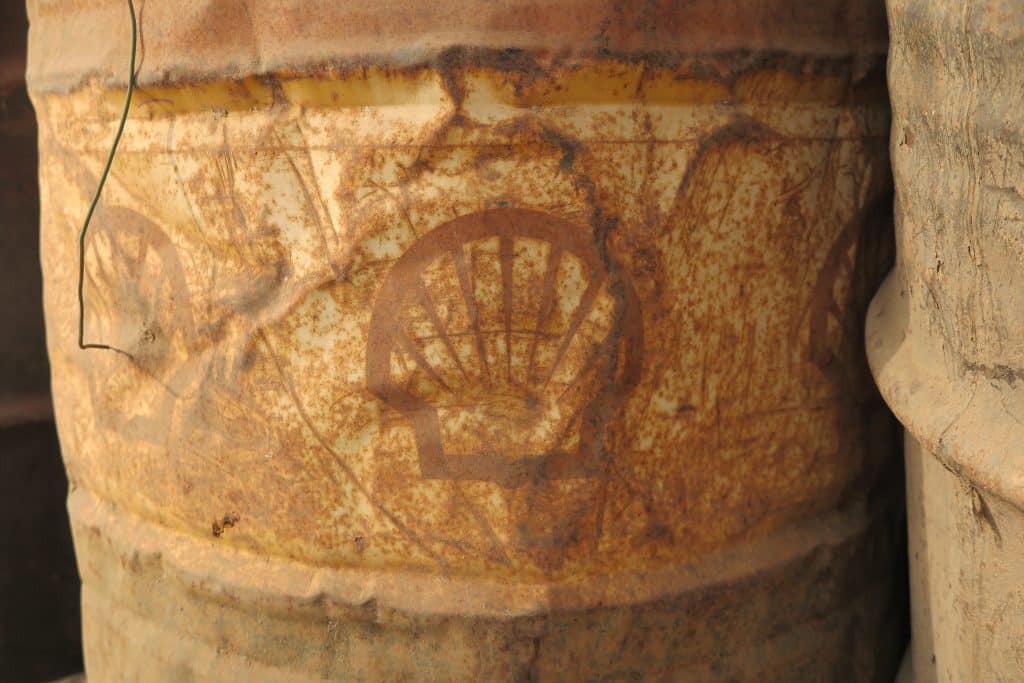
Recently, the Monitor Export Credit Insurance 2019 was released, reporting on financial and policy developments in the field of Dutch export credit insurance. It was accompanied by a letter from State Secretary Vijbrief. In this letter, State Secretary Vijbrief mentioned the contribution to the SDGs and referred no less than 30 times to the 'greening' and green transactions of the usually mainly 'grey' insurances. Beautiful and positive developments, but behind these words lies a great deal of ambiguity and, above all, a lot of contradiction.
Climate justice, for whom?
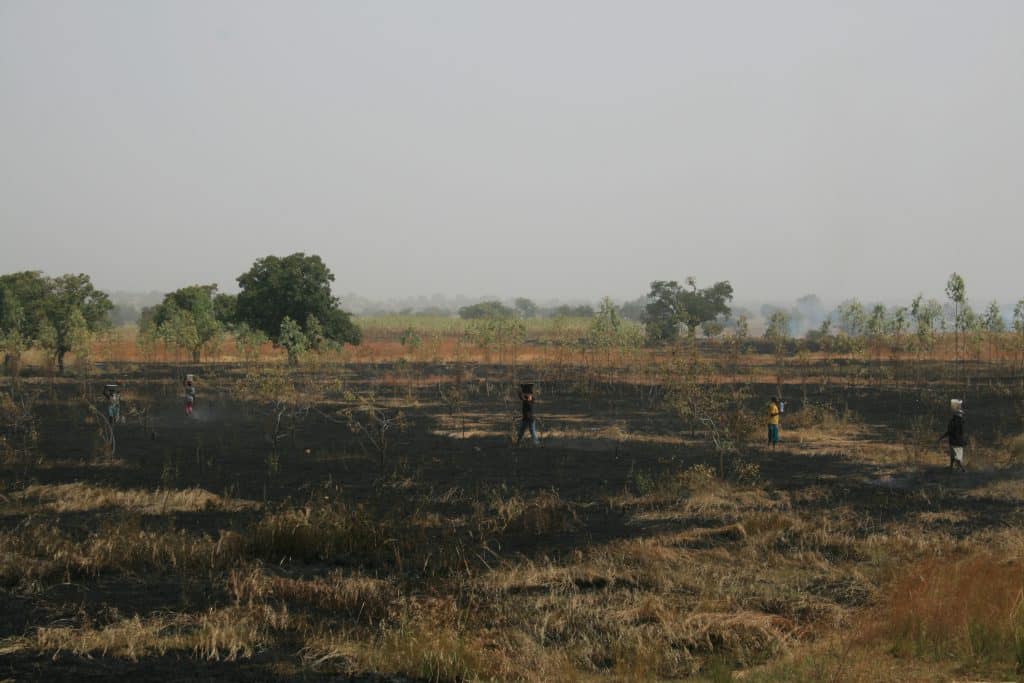
CO2 emissions of the richest one per cent of the world's population are more than double those of the poorest half. That is what Oxfam Novib and the Stockholm Environmental Institute concluded in a new study. Thus, climate change remains a hugely unfairly distributed problem. During the General Political Observations, SP party chair Lilian Marijnissen addressed 'climate justice', a term that has hardly been used in the Lower House yet. What is the Netherlands doing to realise climate justice, and more importantly, how can it be that we forget the most vulnerable?
A wall of debt

Since 2009, the EU has been supporting developing countries in their fight against climate change through climate finance. Eleven years later, ACT Alliance EU takes stock in a critical report. Based on seven different themes, the report shows that the EU is still sorely lacking in climate support to developing countries. In this article, I want to focus on one of these themes, an issue that has been around for years and is now once again on the mind: the mounting debt burden of developing countries.
In conversation with experts on Climate Justice
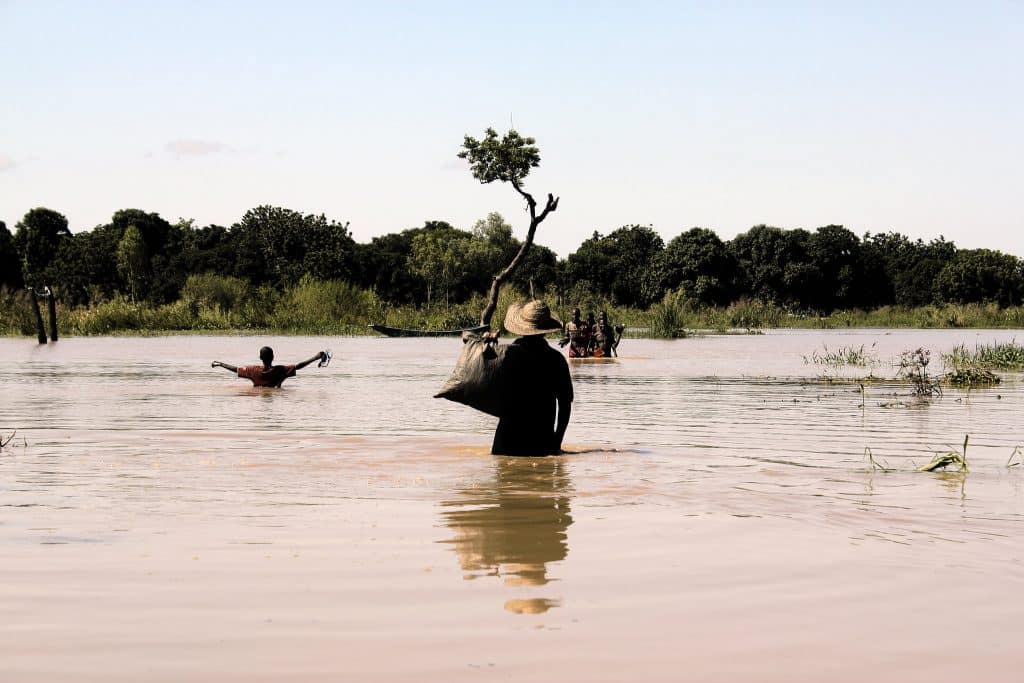
Last week, Monday 29 June, together with our European partner FEPS, we organised an expert meeting on our new joint research Climate Justice: African perspectives. With a group of some 20 experts from home and abroad, we discussed priorities when it comes to fair climate policies with regard to African countries. It was a very useful and instructive afternoon with very useful input for the rest of the research. Once again, we would like to thank all participants for their contributions!
'Research & Advocacy' intern: Anique!
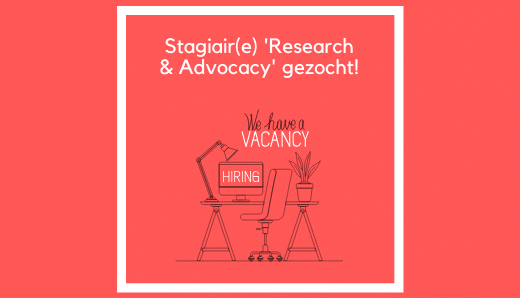
My name is Anique and I have been doing an internship at FMS since February where I hold the position of 'research & advocacy'. I completed my bachelor's degree in General Social Sciences and recently graduated as MSc. in Political Science: Nationalism, Ethnic Conflict and Development. Besides my studies, I put many hours into volunteer work, including at Edukans. I thought my interest in development work, politics and policy could be very well fulfilled in an internship at the FMS, so I applied.

